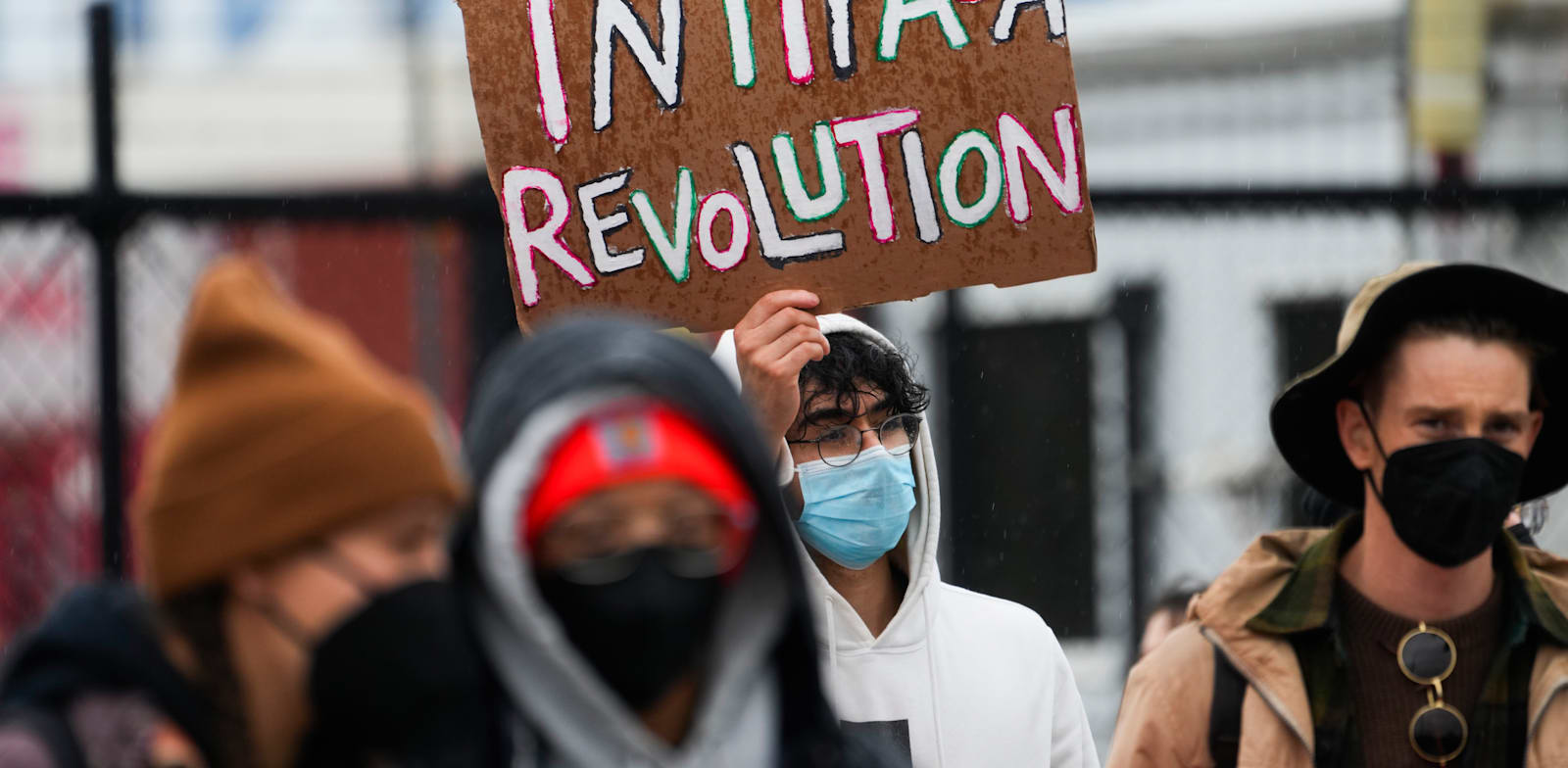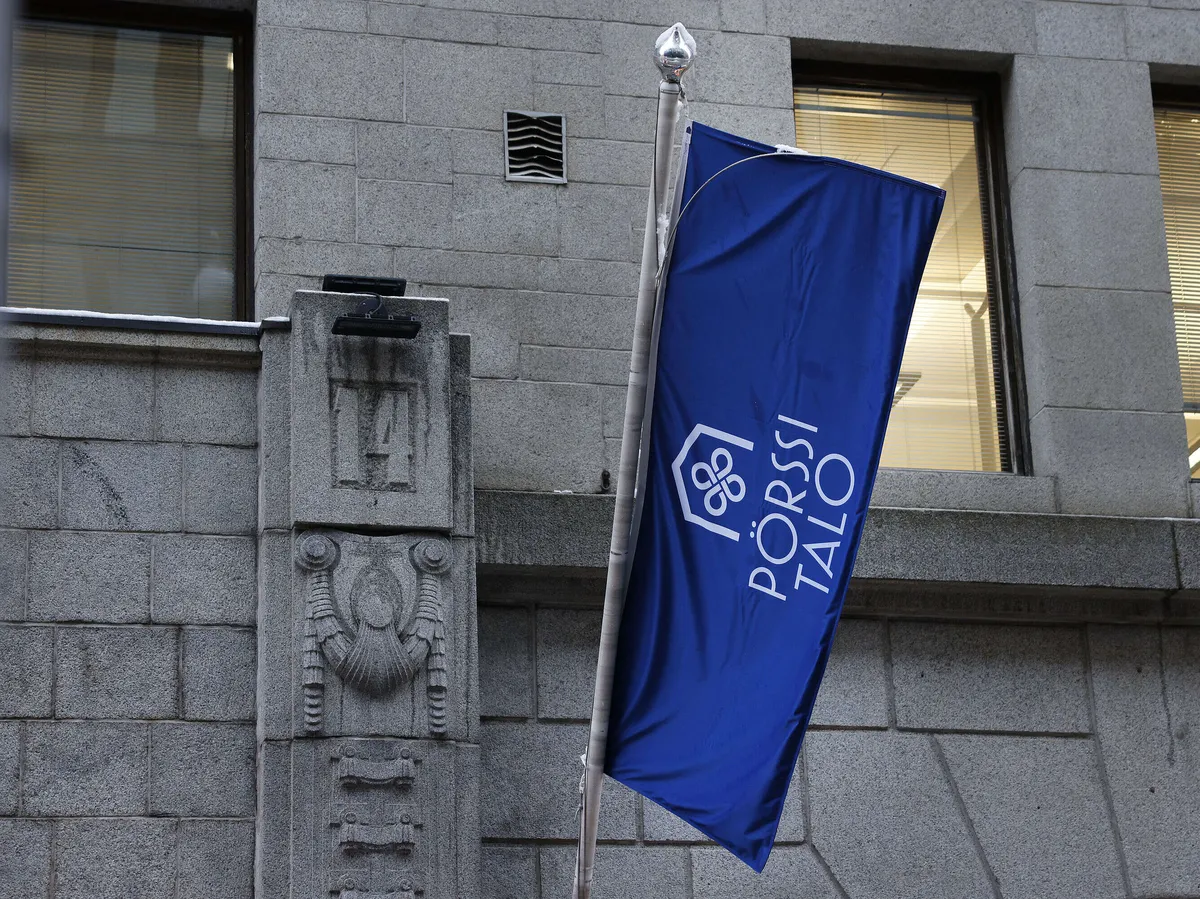Protest movements often leave a lasting impact, even if they do not endure for long periods of time. The more extreme the movement, the more likely it is to evoke a backlash. In 2024, a protest movement against Israel has begun to garner attention on both sides of the Atlantic Ocean. While the movement is conducted with a two-way spirit, signs of a growing headwind against Israel are becoming more apparent. The movement is reminiscent of the protest against Vietnam in the 1960s, which ended with a swing of public opinion to the right.
The BDS movement, which advocates for a boycott of Israel, draws parallels to the anti-apartheid movement in South Africa in the 1980s. The recent protests against Israel show similarities to the anti-South Africa protests, with the belief that Israel is the South Africa of our time. However, some instances of anti-Semitic aspects being highlighted during protests have raised concerns about countering hate speech and promoting tolerance in society.
While there are counter-demonstrations, Jewish organizations are finding it difficult to mobilize crowds in support of Israel due to its growing isolation in American and Western public opinion. As such, it is crucial to understand the motives and goals behind this protest without merely labeling it as anti-Semitic or racist. The current situation poses challenges for Israel and raises questions about how this protest will evolve in the future.
Overall, protest movements can have significant impacts on society and politics, but they must be approached with caution and an understanding of their underlying motivations and goals. It is essential to promote dialogue and tolerance among different groups to ensure that these movements do not lead to further division or conflict.


